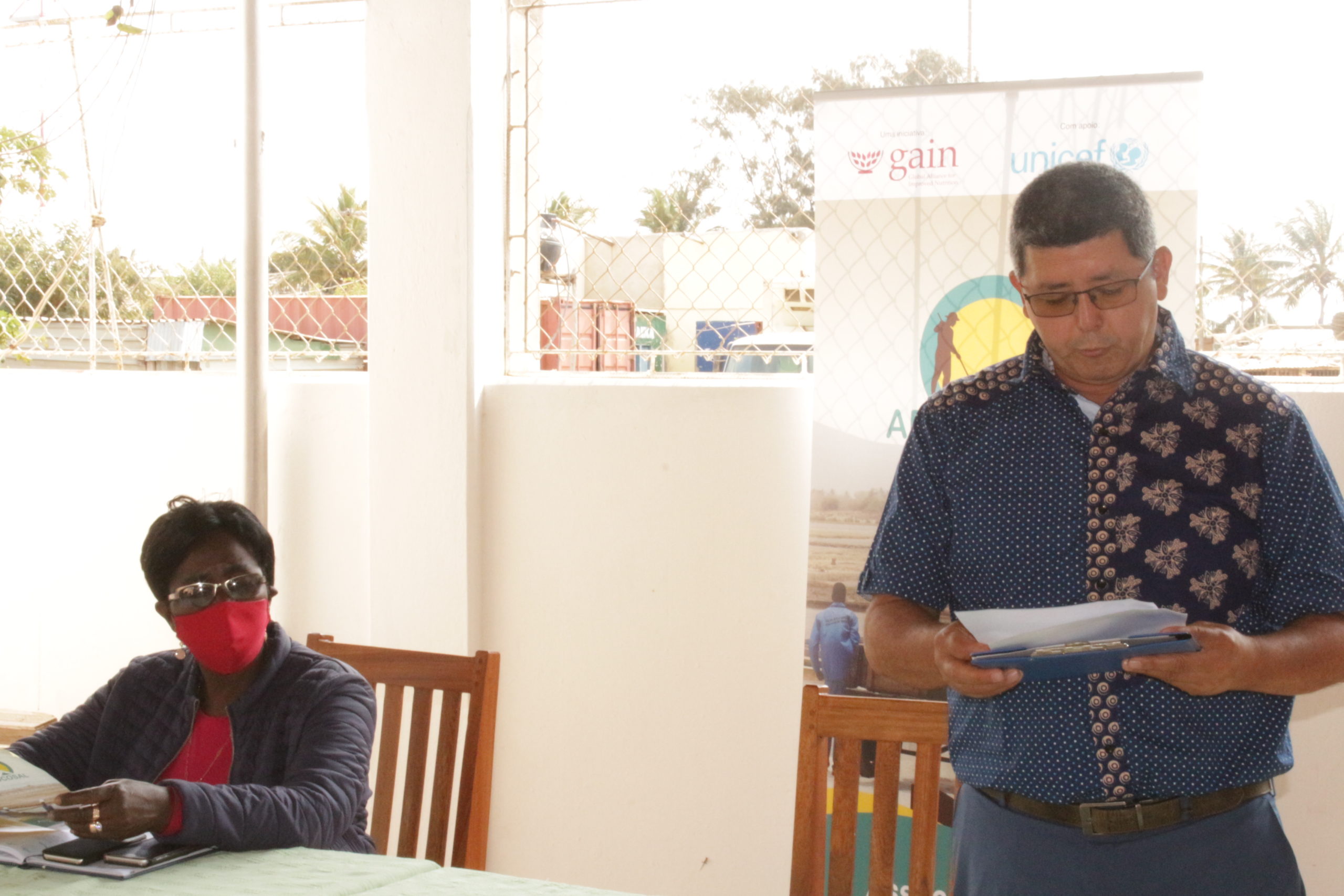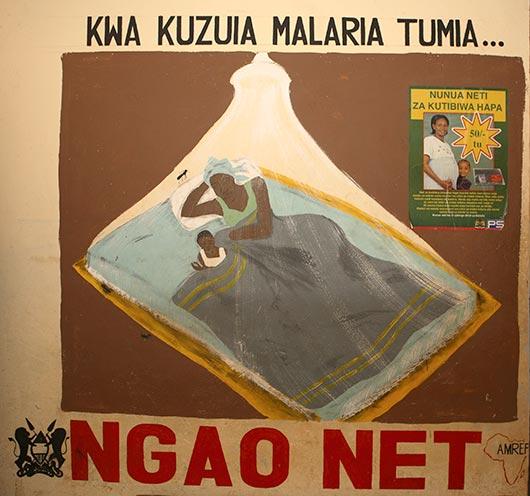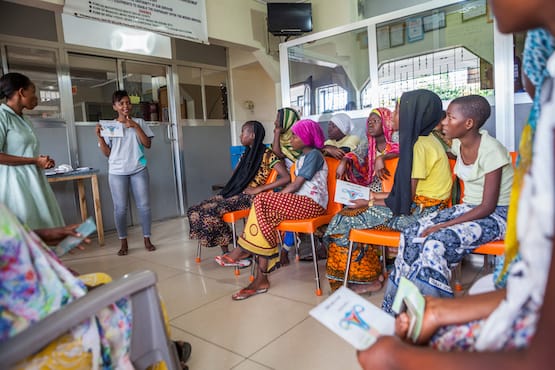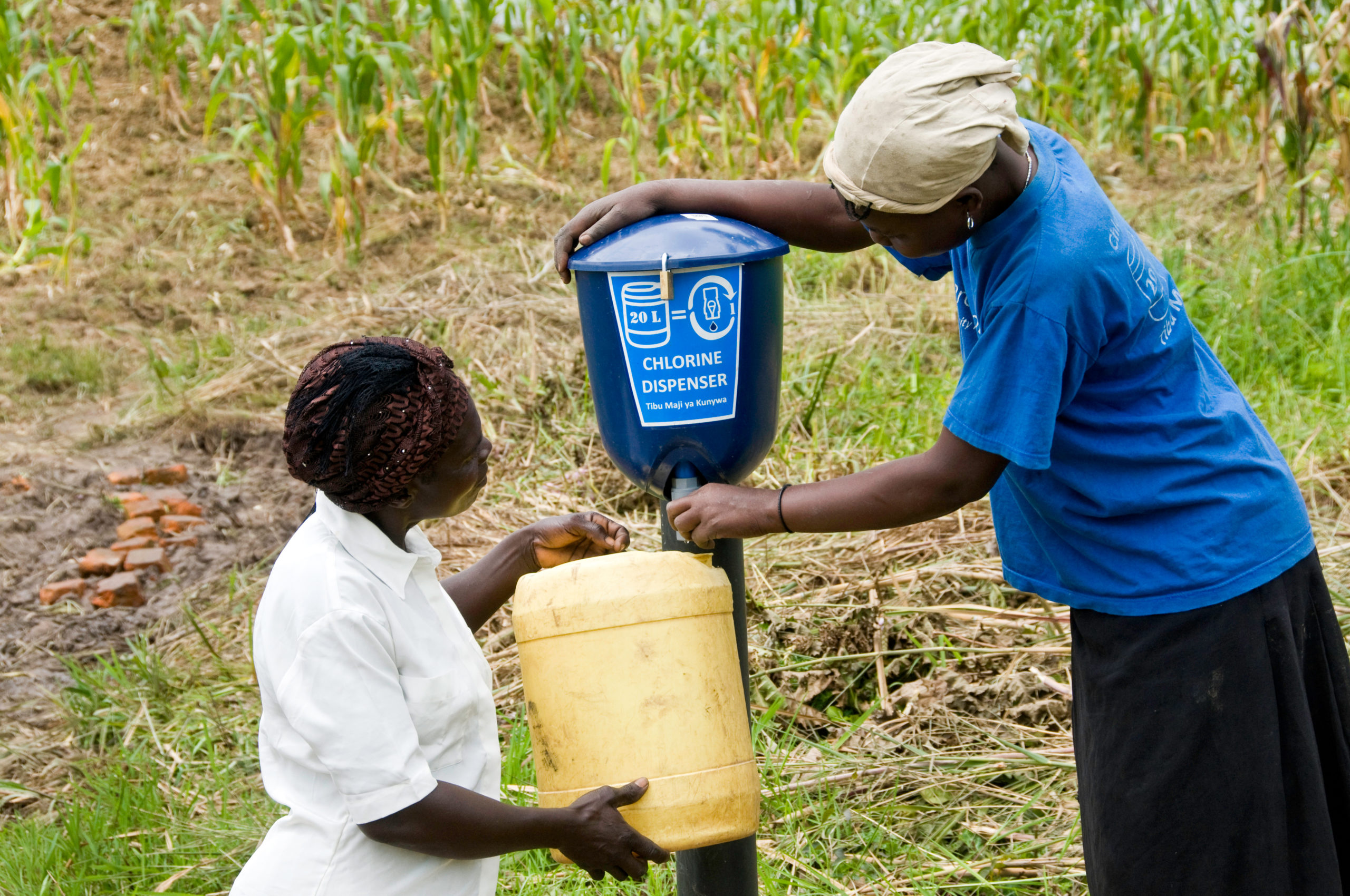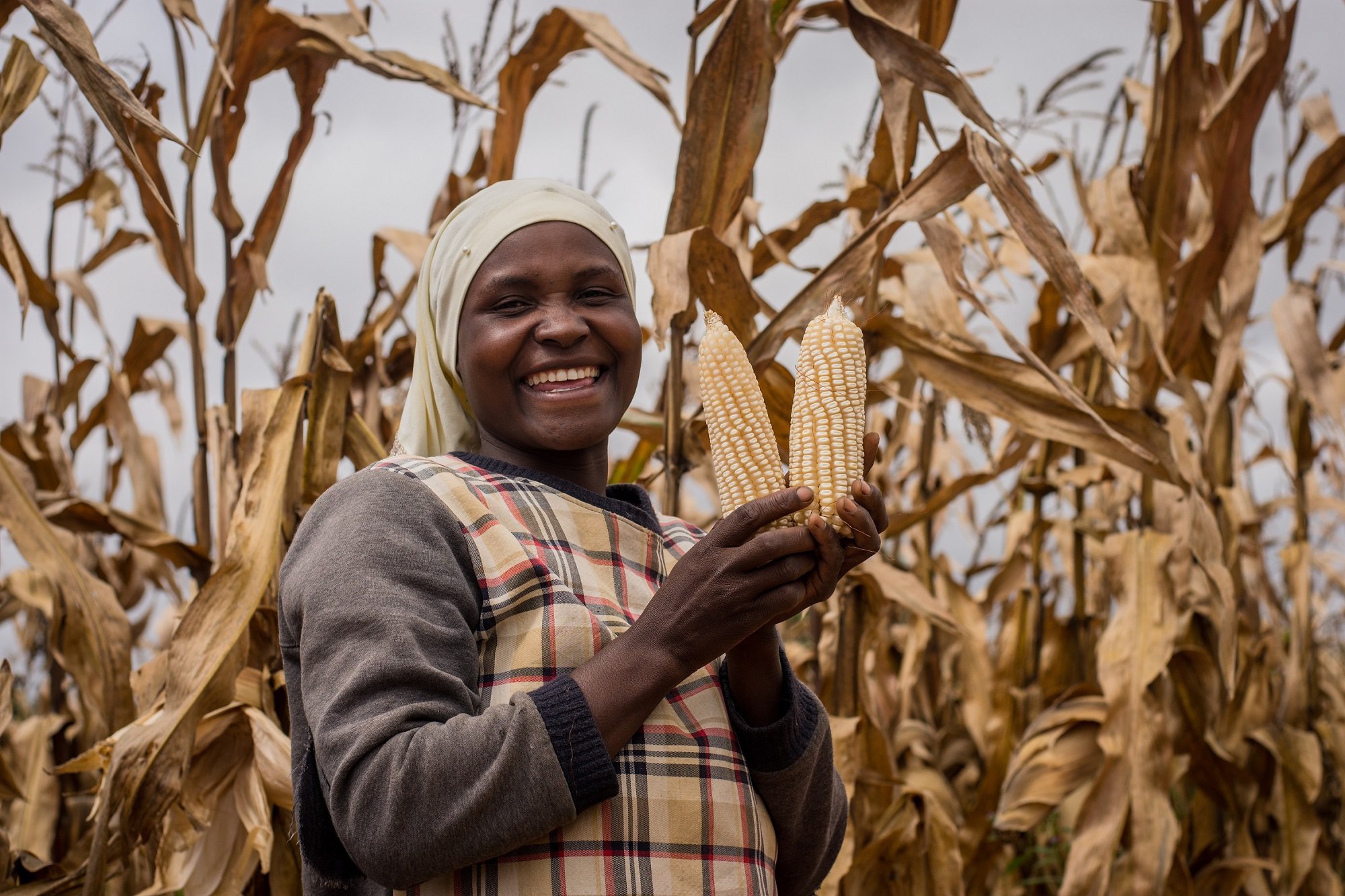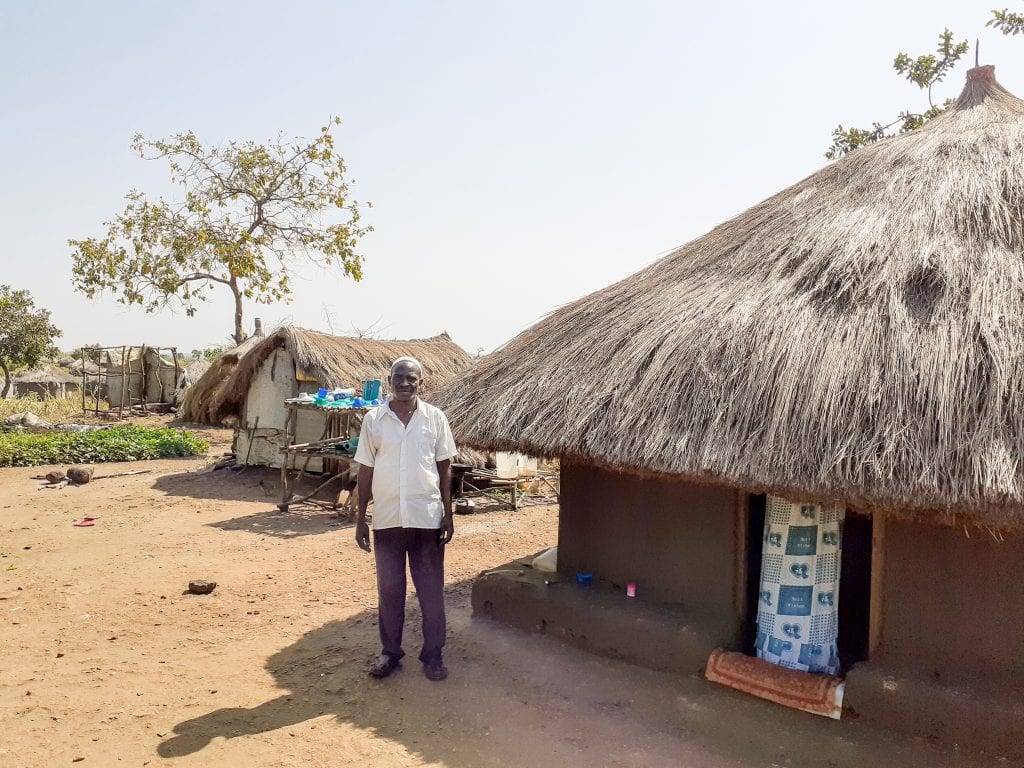When Colombian priest Father José Carlos Osório Marulanda (now onwards Father Osório), 57, first began traveling to the far-flung regions of Mozambique, he noticed something strange about the people living in the remote rural villages from which they scraped a precarious living. Adults and children alike were small for their age, the children were badly malnourished and a substantial proportion of the adults carried large fleshy growths under their chins and sprouting from their necks—some so prominent that they impeded the ability to eat or even speak. Goitre, caused by extreme iodine deficiency, was endemic: The blank eyes of the villagers haunted him.
Father Osório resolved to do something about it and Salinas de Batanhe, a 50-year-old salt factory that had languished for years, was reborn. “Initially, I had no idea of what the potential was to reduce this problem,” he says from his home in Mambone Mission in the south east of Inhambane Province. “We saw goitre and so many severely children in the regions of Tete and Niassa but didn’t realise until later that our efforts could alter the future of an entire population.” The production of salt is one thing, he notes, but it is iodisation that holds the key to unlocking the health and well-being of those suffering the effects of iodine deficiency.
Father Osório first became interested in salt production in 2011, when he arrived at the Mission and noticed that the decrepit local salt plant was no longer operational. The district had been badly afflicted with almost constant droughts and floods and the locals were suffering from malnutrition and high morbidity and mortality rates. What better way to give back to the community than to put people back to work, while, at the same time, solving what seemed to be an intractable challenge to well-being?
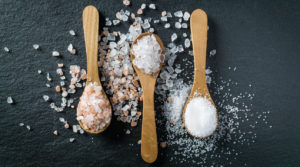
Salt of the earth
Today, iodine deficiency disorders (IDD) are among the most widespread public health problems worldwide. Known as a ‘hidden’ disorder, iodine deficiency occurs when a lack of iodine in the diet results in slowed mental development, low IQ, and poor cognitive performance in school-age children as well as goitre, fatigue, and reproductive problems in adults.
Iodine deficiency occurs in contexts where there is a low concentration of iodine in the soil, insolubility of iodine in plants or food supplies, and where seafood is not a regular part of the diet. When iodine requirements are unmet, the thyroid may no longer be able to synthesise enough amount of thyroid hormone. The resultant low-level of thyroid hormones in the blood is the principal factor responsible for a series of functional and developmental abnormalities, collectively known as IDD.
Deficiencies during pregnancy impair the synthesis of thyroid hormones in the mother, which may induce irreversible brain damage in the unborn. Ongoing iodine deficiencies while nursing and in childhood only exacerbate the situation, which can result in lifelong learning problems, low productivity and the inability to earn a livelihood. The daily consumption of salt fortified with iodine is a proven effective prevention strategy, virtually eliminating iodine deficiency in many regions of the world.
In Mozambique—a coastal country located in East Africa—IDD is endemic. According to the Government of Mozambique Multisector Plan for Reduction of Malnutrition (PAMRDC) more than 30% of women at reproductive age and 68% of children between the age 6 and 12 suffer from iodine deficiency. The 2020 Global Nutrition Report puts the national prevalence of under-five stunting at 42.9%, significantly greater than the developing country average of 25%. Indeed, according to the Iodine Global Network’s Iodine Nutrition Scorecard, Mozambique ranks within the bottom 20 countries globally for insufficient iodine intake.
From production to processing
“I had to learn all aspects of management of a salt plant from production to processing, packaging, and distribution,” Father Osório recalls. He soon realized that as much as 80% of his potential pool of workers couldn’t write or read. “Most of them were living under dire conditions,” he says. “None of them had a formal contract with the company and we had to legalise their status.”
Father Osório decided that the plant would offer labourers more benefits—such as assisting them to build houses and guaranteeing that every worker would have at least one child attending university—a cushion against ill-health and the vagaries of the salt business.
Initially, after reopening the salt plant, Father Osório and his staff had trouble penetrating the market. This changed in 2014, when his provincial business colleagues sent a delegation to the FACIM (the largest annual agriculture and trade fair in Mozambique) in Maputo, the capital. “That was the moment we started diversifying our market,” he says. It was at FACIM that he first came across The Global Alliance for Improved Nutrition (GAIN) and met Communications and Branding Manager Rafael Nzucule.
From that moment, the doors opened for Salinas de Batanhe. Father Osório and his staff participated in GAIN’s Community of Practice, which provided opportunities to learn about business management and marketing, food processing management and quality, including HACCP best practices in food processing.
Gaining an advantage
GAIN’s Community of Practice was an opportunity for Father Osório to meet other entrepreneurs and learn from their experiences. These entrepreneurs established a network and soon Father Osório realised that it was not enough to just produce salt: Salinas de Batanhe needed to have a business plan and a marketing strategy. They also learned about opportunities to improve the diets of local consumers.
“We learned about the challenges in malnutrition and our potential to contribute to tackling these problems,” says Father Osório.
GAIN supported Salinas de Batanhe by purchasing equipment to iodise, pack and weigh the salt. The end result? A more homogeneous and therefore a higher quality iodised product.
Workers no longer had to mix the iodine with the salt manually—a process that is time consuming and prone to error. All workers, including the casual labourers, now have a bank account through which they receive their salaries. Moreover, they now also hold identification cards, a necessity for those wanting to access government services, loans, passports or schooling.
More recently, in the face of COVID-19, GAIN has stepped in to provide plastic bags for packaging the salt, PPE and other support. Unfortunately, Salinas de Batanhe were forced to lay off half of its casual workforce, (about 80 people) while the core staff of 21 remain on the job.
Working at the salt plant is slow, hard, and hot, but it is rewarding. No longer clad in rags and flip-flops, every worker arrives at work well-dressed and equipped. They wear boots, helmets, and uniforms. “They are aware of the importance of personal hygiene,” says Father Osório. “I am proud of them.”
In addition to enforcing the use of PPE, Salinas de Batanhe promotes internal training sessions on food quality management and the importance of iodine consumption. Every worker is aware that they must produce and sell iodized salt. “We explain them that those people living in poverty are the ones most at risk of malnutrition,” he says. “We are poor and we must serve the poor so that we can all grow.”
GAIN has been deeply committed to salt fortification in Mozambique since 2011. The organisation engages with multiple stakeholders including government officials, businesses, SMEs, and salt associations with a membership of more than 100 salt producers. The aim is to create the conditions necessary for universal salt iodisation.
GAIN has also been involved in capacity building and is supporting regulators, salt producers, and consumer’s associations. Going forward, GAIN is fundraising for the introduction of new business models such as aggregating salt from SMEs and supporting the improvement of salt fortification through central iodisation facilities.
What’s more, from 2021, GAIN has already procured 6,700 kgs of potassium iodate, via the GAIN Premix Facility (GPF), which will serve as a seed stock in a revolving fund to be implemented in partnership with the government of Mozambique and the Salt Producers Association. This will enhance the availability of potassium iodate, thus ensuring the availability of iodised salt to all consumers. To find out more https://www.gainhealth.org/impact/our-response-covid-19/maintaining-large-scale-food-fortification
